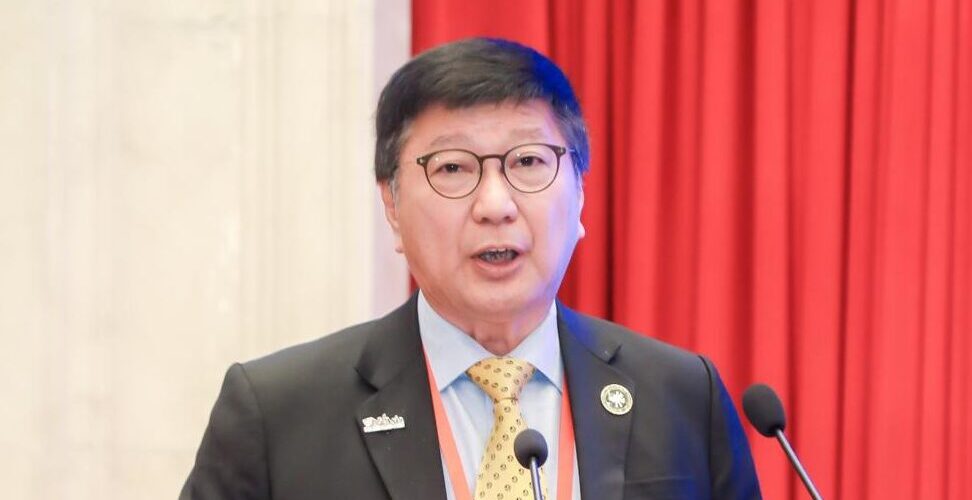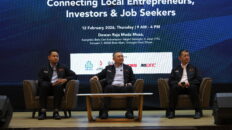Rebasing Tariff Structure Reflects Current Fuel Costs
The RP4 revision is seen as a rebasing exercise, with a 19% overall tariff reduction that better reflects the current fuel cost landscape. FMM applauded this transparent approach and acknowledged the Government’s RM5 billion subsidy, which helped offset fuel costs during the first half of 2025 due to RP4’s delayed implementation.
Majority of Medium Voltage Users to Benefit
Based on load factor and consumption patterns, 70% of medium voltage customers are expected to benefit from lower electricity bills. The remaining 30% are encouraged to adopt load optimisation strategies and explore energy efficiency improvements to offset potential cost increases.
Off-Peak Hours Significantly Expanded
One of the key improvements welcomed by FMM is the increase in off-peak hours by 80%, from 70 to 128 hours per week, now including weekends. This development aligns with long-standing industry recommendations and provides businesses with greater flexibility to manage energy costs more effectively.
Automated Fuel Adjustment Enhances Market Responsiveness
The restructuring also introduces the Automated Fuel Adjustment (AFA) mechanism, replacing the older Imbalance Cost Pass-Through (ICPT) system. AFA offers a more dynamic and market-driven approach to adjusting electricity rates in line with real-time fuel pricing, contributing to fairer and more efficient tariff regulation.
Concerns Over High Voltage TOU Tariff Structure
Despite the overall benefits, FMM expressed concern over changes to the High Voltage Time-of-Use (HV TOU) tariff. Under the new model, higher voltage users face higher rates, and the peak-off-peak price differential has been significantly reduced—from 40% to less than 10%. FMM noted that this approach diverges from regional practices, where high-voltage users typically enjoy lower per-kWh rates and wider pricing spreads. The federation urges a review of the HV TOU structure to ensure Malaysia remains competitive for energy-intensive sectors.
Call for Renewable Energy Expansion and Targeted Support
FMM looks forward to additional policy updates following this restructuring, particularly regarding the Green Electricity Tariff (GET) and other renewable energy incentives for the industrial sector. The organisation also called on the Government to explore non-electricity tariff measures, such as targeted incentives, to support the sustainability of strategic sectors like iron and steel, which play a vital role in the country’s economic resilience.









